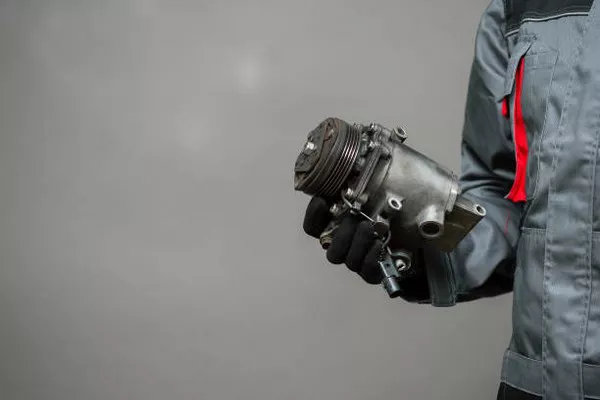Selecting the appropriate air compressor for your specific needs is a crucial decision, as it directly impacts the efficiency and effectiveness of various tasks. Whether you are a DIY enthusiast, a professional contractor, or an industrial operator, understanding the factors that influence the choice of an air compressor is essential. In this article, we will delve into the key considerations to help you determine the most suitable air compressor for your requirements.
Define Your Purpose
The first step in choosing the right air compressor is to clearly define your purpose. Different applications demand different types of compressors. For example, if you are planning to use the compressor for simple tasks around the house, such as inflating tires or powering small pneumatic tools, a portable and lightweight compressor may suffice. On the other hand, industrial applications, such as sandblasting or operating heavy machinery, require a larger and more powerful compressor.
Consider Airflow Requirements
Airflow, measured in cubic feet per minute (CFM), is a critical factor in determining the capacity of an air compressor. To identify the appropriate CFM for your needs, consider the air consumption of the tools or equipment you intend to operate. Summing up the CFM requirements of all tools used simultaneously will give you the minimum CFM rating needed for your compressor.
Evaluate Pressure Requirements
Pressure, measured in pounds per square inch (PSI), is another crucial factor. Different tools and applications have varying PSI requirements. Ensure that the air compressor you choose can deliver the necessary pressure for your specific tasks. It’s important to note that some tools may have both CFM and PSI requirements, so it’s essential to consider both factors when making your decision.
Types of Air Compressors
There are several types of air compressors available in the market, each with its own advantages and disadvantages. The most common types include:
a. Reciprocating Compressors: These compressors use a piston-cylinder mechanism to compress air. They are versatile and suitable for a wide range of applications.
b. Rotary Screw Compressors: Ideal for continuous use in industrial settings, rotary screw compressors are known for their efficiency and durability.
c. Scroll Compressors: These compressors use orbiting and spiraling scrolls to compress air. They are compact, quiet, and require minimal maintenance.
d. Centrifugal Compressors: Suitable for large industrial applications, centrifugal compressors use a high-speed rotating impeller to compress air.
e. Portable vs. Stationary: Consider whether you need a portable or stationary compressor based on your intended usage. Portable compressors are convenient for on-the-go tasks, while stationary models are better suited for fixed locations.
See Also: What Is Scroll Compressor?All You Need to Know
Power Source
Air compressors can be powered by electricity, gasoline, or diesel. The choice of power source depends on the availability of electricity and the mobility requirements of your tasks. Electric compressors are suitable for indoor use and applications near power sources, while gasoline or diesel-powered compressors are more versatile for outdoor and remote locations.
Tank Size
The tank size of an air compressor affects its duty cycle and performance. A larger tank allows for more extended periods of continuous operation before the compressor needs to cycle on again. However, it’s crucial to balance tank size with portability, as larger tanks can make the compressor heavier and less suitable for certain applications.
Noise Level
The noise produced by an air compressor can be a significant consideration, especially if you plan to use it in residential areas or noise-sensitive environments. Look for compressors with lower decibel ratings or those equipped with noise reduction features if noise is a concern.
Maintenance Requirements
Regular maintenance is essential to ensure the longevity and optimal performance of your air compressor. Consider the maintenance requirements of the compressor you are interested in, including oil changes, filter replacements, and overall upkeep. Some compressors are designed to be low-maintenance, making them more convenient for users.
Conclusion
Choosing the right air compressor involves a thoughtful analysis of your specific needs and the characteristics of different compressor types. By defining your purpose, considering airflow and pressure requirements, evaluating types of compressors, selecting an appropriate power source, determining tank size, factoring in noise levels, and assessing maintenance requirements, you can make an informed decision. Investing time in selecting the right air compressor will pay off in increased efficiency and reliability in your tasks, whether you are a DIY enthusiast, a professional contractor, or an industrial operator.

